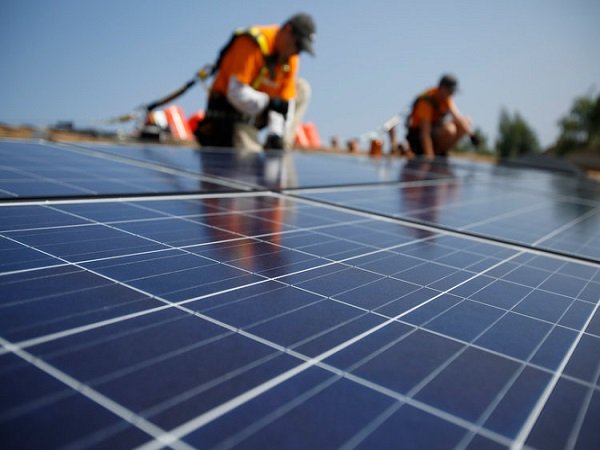A smart solar solution isn’t just “smart” simply because it’s the intelligent choice for customers (although this is certainly true). Let’s take a look at what makes a smart solar solution smart. A truly smart solar solution, should accomplish three core tasks:
Simplifying component procurement and integration
Project developers and EPCs often need to build their PV systems using modules and components from a variety of suppliers and manufacturers.
Not only can piecemeal procurement create scheduling nightmares, there’s also the risk that the components don’t integrate efficiently so its best to go with a vendor who has these key components under one roof like Trina, Waaree, Patanjali Renewables etc.
Providing on-site supervision to lower installation time
Another key feature of a smart solar solution includes expert on-site supervision during installation. Any delays or issues during installation can lead to missed deadlines and significant cost overruns.
This gets the PV system up and running faster and generating power sooner.
Harvesting more sunlight through an integrated tracking system
Solar tracking systems are another aspect of a smart solar solution. Instead of installing fixed solar modules. This allows for more direct sunlight to shine down on the solar cells, thereby increasing the system’s solar harvest. In optimal conditions, this can result in up to an additional 25 percent power generation.
Additionally, a smart solar solution will expertly match hardware and software to increase system stability and further boost efficiency. This ultimately translates to a lower levelized cost of energy (LCOE) and higher returns for project owners and financiers.
Reference- Trina Solar Newsletter, Waaree website, Wikipedia









